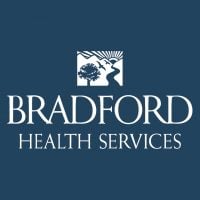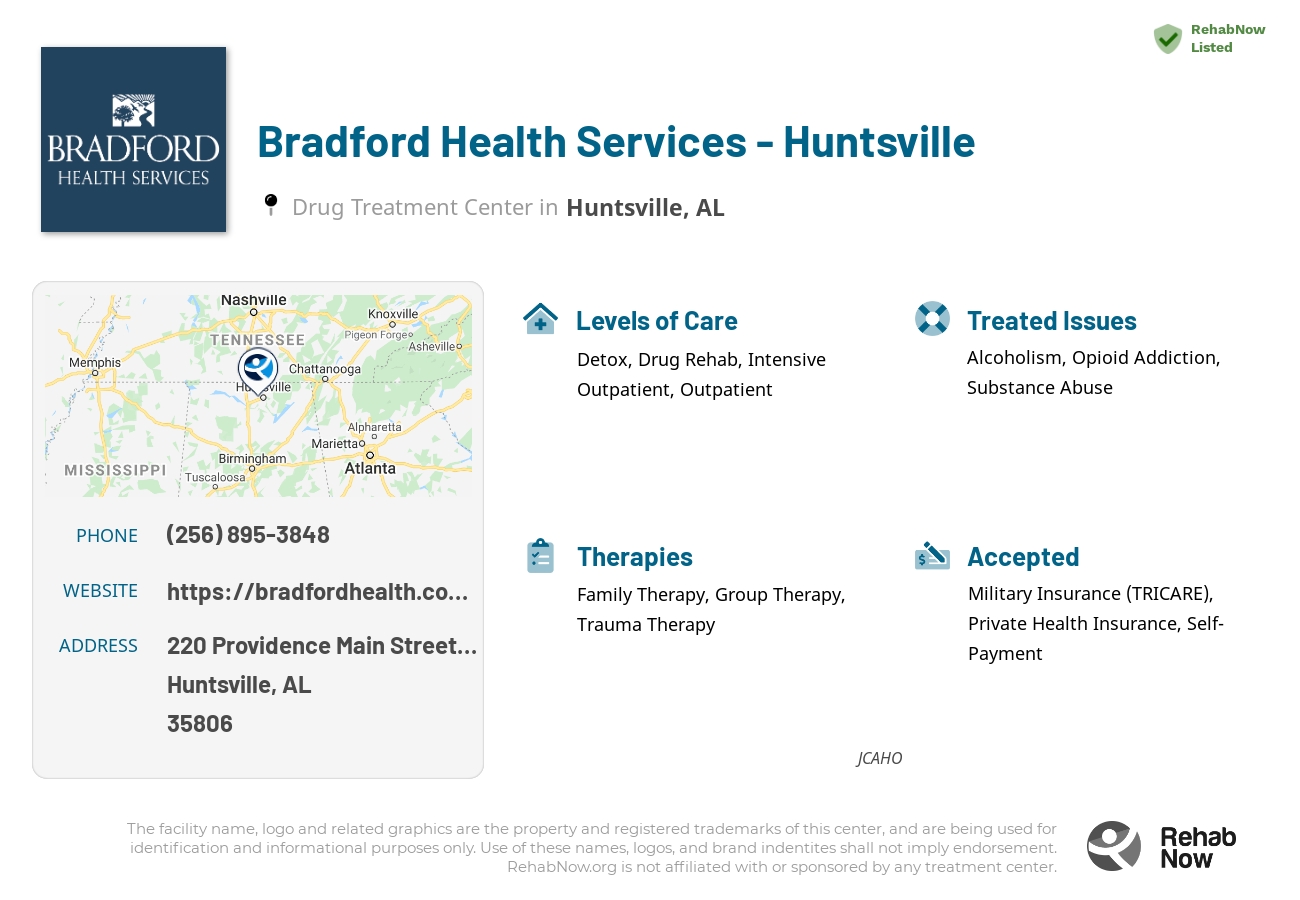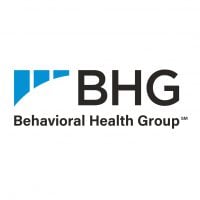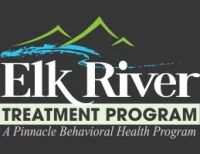Bradford Health Services - Huntsville
Drug Rehab Center in Huntsville, Alabama
Bradford Health Services - Huntsville is a LegitScript, JCAHO, and NAATP accredited addiction treatment facility located in Huntsville, Alabama offering comprehensive detox, intensive outpatient care, partial hospitalization, dual diagnosis and aftercare support services to individuals suffering from alcoholism, opioid addiction and substance abuse.
About Bradford Health Services - Huntsville in Alabama
Bradford Health Services in Huntsville, Alabama, stands out in the field of drug and alcohol rehabilitation by offering a tailored approach to recovery. With over 40 years of experience, they provide outpatient treatment, intensive outpatient programs (IOP), and medication-assisted treatment, designed for individuals balancing treatment with life's responsibilities. Their commitment to innovation ensures each patient receives the most effective care possible.
- Customized Treatment Plans: Every patient receives a plan tailored to their stage of addiction, combining education, therapy, and medication-assisted treatment.
- Flexible IOP Schedules: Morning or evening IOP sessions cater to individuals needing to work or attend to other commitments while receiving treatment.
- Continued Support: Post-treatment care and family involvement are integral parts of their approach, emphasizing the importance of support in maintaining sobriety.
Bradford Health Services is accredited by LegitScript, JCAHO, and NAATP, highlighting their dedication to high-quality care and compliance with industry standards. They accept a variety of insurance plans, including Aetna, Humana, United, and others, making their programs accessible to a broader audience.
This center specializes in treating a range of addictions and co-occurring disorders, such as alcoholism, opioid addiction, and dual diagnosis issues. Treatment methods include a blend of individual and group therapies, medication-assisted treatments to reduce cravings, and various levels of care from outpatient services to intensive programs, all aimed at fostering lasting recovery.
Genders
Ages
Modality
Additional
Accreditations
NAATP

LegitScript

JCAHO
Conditions and Issues Treated
Substance Abuse Treatment is important when getting sober, as it helps addicts learn the skills they need to live a clean life. There are many different kinds of recovery treatment, including but not limited to medication-assisted therapy, behavioral therapeutic approaches, self-help groups, and counseling. Each treatment has its benefits that help addicts recover.
Counseling can help addicts learn the skills they need to live sober lives. It can be used to treat underlying mental health issues, like depression or anxiety, that could lead to relapse. Counseling can also help people find work, deal with family problems, and learn to manage living without drugs.
With so many people addicted to opioids, we need to help those who want to quit. The cycle begins when opioid addicts take opioids for a painful injury. When someone starts taking their medication differently or in excess, it means they’re addicted and at risk of overdosing.
In , detoxing from these types of treatments is the most effective way to beat this. Most facilities begin with medical assistance and then provide counseling services; rehabilitation follows after successful treatment.
Dual diagnosis refers to someone who has both an addiction and a mental or emotional illness. Dual diagnosis treatment includes therapy for both issues simultaneously, allowing for effective treatment of either.
Sometimes people with addiction disorders also have co-occurring disorders like depression, anxiety, bipolar disorder, etc. These require specialized treatment programs that address both drug and alcohol addiction as well as psychiatric illnesses. Some rehabilitation facilities provide patients with co-occurring disorders a program with highly integrated services and a clean, distraction-free environment.
Levels of Care Offered
This center offers a variety of custom treatment tailored to individual recovery. Currently available are Aftercare Support, Detox, Drug Rehab, Dual-Diagnosis, Intensive Outpatient, Outpatient, Partial-Hospitalization, with additional therapies available as listed below.
Detox is an integral part of recovery and often very hard. Detoxification is the process of letting the body remove the drugs in it. It addresses the physical aspect of addiction. Detox from drugs can be unsafe as the patient undergoes withdrawal symptoms that range from headaches, vomiting, body aches to seizures and cardiac arrests. The main purpose of detox is to keep the drug users comfortable as the drugs leave their system.
Quitting cold turkey is not recommended and can lead to many issues. Detox is best done under medical supervision so that a team of experts can monitor the side effects and complications. Detox, alone, does not guarantee sobriety as the underlying psychological issues are not addressed.
An intensive outpatient program (IOP) is effective for drug rehab, but it can take six months to several years to complete. It’s the most popular type of drug rehab program in the United States. One example of a successful IOP success story is actor and comedian Chris Rock, sober since 1990.
An IOP allows participants to spend nights at home while attending meetings throughout the day. It’s a good way for drug addicts to make a recovery plan in an outpatient setting while still supporting their loved ones.
Alcohol or drug addiction, or co-occurring disorders, are treated in an outpatient program. The patient must attend therapy and other programs at the facility but can return home each night.
Outpatient treatment allows recovering addicts to live at home while receiving addiction treatment. Outpatients can attend group sessions for a few hours per week. Outpatients may also continue to work full time and study/attend school without interruption if they choose.
A popular way of getting drug treatment is through a Partial Hospitalization Program. These programs are short and intensive, allowing for more freedom in family visits. Patients can check in with the program anywhere from 18 to 30 hours per week but only sleep at home at night. The program may last anywhere from one to six months.
The accomplishment of completing a drug or alcohol treatment program is just the first step. Once that is complete, aftercare support comes into play. This includes helping people adjust to life without substances outside of guidelines with assistance like getting sober living accommodations and career counseling and AA/NA programs for those who are struggling between sobriety or want continued help in maintaining it once they have completed their initial rehabilitation at an addiction facility.
Aftercare comprises services that help recovering addicts readjust to normal day-to-day activities while working on specific issues. These problems include psychiatric issues, family problems caused by substance abuse, continuing education pursuits if desired during rehab, etc. These can last up to one year+ depending on what’s needed most urgently upon completion of earlier stages.
Therapies & Programs
Different people react differently to various treatment options. Some drug rehabilitation centers offer individualized treatment that caters to the specific needs of a drug addict. The best treatment option varies on an individual depending on the type of drug abused, life history, medical condition of the person, social circumstances, and the environment they live in now.
When a person enters drug rehab, they usually have anti-drug associations such as withdrawal symptoms, stress, cravings, etc. The first step of drug rehab is to detoxify the body from any residual substances in it. Drug rehabilitation centers usually employ trained medical professionals to help in this process. Usually, the initial detoxification lasts for five days, where the person is monitored under close supervision.
Family therapy sessions typically involve the addict and their family members. During these sessions, a therapist will work with everyone involved to help them understand addiction and find healthy ways of coping without substance abuse.
Some addicts might feel embarrassed about their substance abuse problems. By encouraging family members to attend these sessions, therapists can show addicts that they’re not alone in dealing with addiction. Therapists can also work with family members to help them understand addiction and learn how to offer support and encouragement to their loved one as they deal with substance abuse issues.
Attending group therapy at Bradford Health Services - Huntsville in , is a useful way for those seeking sobriety to realize they aren’t the only one going through it.
This is when a group of people on different recovery phases get together and talk about what they’re going through, their triggers, successes, and failures. This can include alternative types of therapies too! Group therapy may occur on an outpatient or inpatient basis with groups that have no pre-existing relationships outside the session, unlike support groups where everyone already knows each other beforehand.
Trauma therapy is a form of therapy used to help people process and understand past traumas. This can help struggling addicts, as many people turn to drugs or alcohol to mask the pain of their past. Trauma therapy can be done in several ways, such as through visualization, discussion, and writing down thoughts and feelings. The goal is to help the individual understand why they are having problems coping with certain situations and changing how they think and react to things. This is often done in tandem with other therapies to treat the underlying issues associated with addiction.
The idea behind trauma therapy is that while some people can experience traumatic events and not have lasting psychiatric symptoms, many others will. In these cases, memories get hidden from consciousness but continue to influence how the person processes and copes with things in their life. They may avoid situations that resemble what happened or become suddenly angry or irritated to a situation that reminds them of a past event. With the help of a therapist, people can go back over memories and experiences. This helps them understand why they are having problems coping with certain situations and changing how they think and react to things.
Cognitive Behavioral Therapy is a type of psychotherapy that helps people address the thoughts and behaviors that may have led to their addiction. It also helps change negative thoughts into positive ones and promotes healthy communication between addicts and those around them. CBT is an efficient treatment for individuals suffering from all sorts of addictions.
Cognitive Behavioral Therapy (CBT) focuses on the underlying thoughts and behaviors that caused the problem of addiction in the first place and may cause a relapse. Negative feelings are common in drug abuse disorders, but they can lead to co-occurring disorders if not recognized. CBT involves strategies that help to change the behavior pattern by restructuring negative thoughts into positive ones. It helps to remove these feelings, and it provides long-term benefits. Also, CBT promotes self-awareness, self-control and can be administered as a mono-therapy or as part of combination therapy.
A 12-Step Program is used in treatment to help addicts stop abusing drugs and alcohol. The steps of the program include:
- Making amends.
- Believing in a higher power.
- Taking action to improve their life and admitting that they have a problem with substance use.
A cognitive restructuring step aims to change the way an individual thinks about their addiction to recover and live a life free of substance abuse. This method is extremely popular and very successful for many people who choose it as their treatment option.
Payment Options Accepted
For specific insurance or payment methods please contact us.
Is your insurance accepted?
Ask an expert, call (888) 674-0062
Bradford Health Services Associated Centers
Discover treatment facilities under the same provider.
- Bradford Health Services - Warrior in Warrior, AL
- Bradford Health Services - Madison in Madison, AL
- Bradford Health Services - Knoxville in Knoxville, TN
- Bradford Health Services - Nashville in Nashville, TN
- Bradford Health Services - Birmingham Regional Office in Birmingham, AL
Learn More About Bradford Health Services Centers
Additional Details
Specifics, location, and helpful extra information.
Huntsville, Alabama 35806 Phone Number(256) 895-3848 Meta DetailsUpdated April 15, 2024
Staff Verified
Is Bradford Health Services – Huntsville a LegitScript Verified Treatment Facility?
According to our most recent records, we have found this center to be LegitScript verified.
Bradford Health Services - Huntsville Patient Reviews
There are no reviews yet. Be the first one to write one.
Huntsville, Alabama Addiction Information
Opioids, such as heroin, fentanyl, and prescription opioids are related to more than half of all drug-related overdoses in Alabama. Alcohol is the most frequently used substance in Alabama; 85,000 Alabamians use cocaine every single year. In Alabama, there are four times as many vehicle crashes involving alcohol as there are normal vehicle crashes.
Huntsville, AL is grappling with a serious addiction problem. Huntsville ranks among the top 20 cities in the country for drug abuse problems. In 2016, there were 567 drug overdoses in Huntsville. That's an increase of nearly 30% from the previous year. Once you've determined the type of treatment you need, you can start looking at different treatment centers. With a little research, you can find the perfect treatment center for you in Huntsville.
Treatment in Nearby Cities
- Fayette, AL (98.4 mi.)
- Newton, AL (244.5 mi.)
- Bessemer, AL (94.5 mi.)
- Pelham, AL (101.6 mi.)
- Eight Mile, AL (288.2 mi.)
Centers near Bradford Health Services - Huntsville
The facility name, logo and brand are the property and registered trademarks of Bradford Health Services - Huntsville, and are being used for identification and informational purposes only. Use of these names, logos and brands shall not imply endorsement. RehabNow.org is not affiliated with or sponsored by Bradford Health Services - Huntsville.










